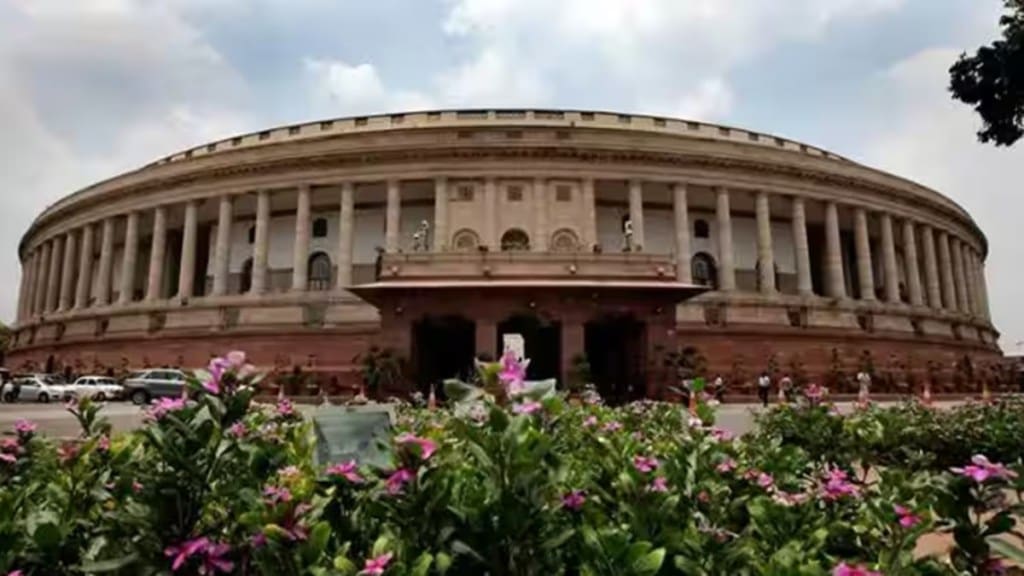While the Lok Sabha passed the Jan Vishwas (Amendment of Provisions) Bill on Thursday, paving the way for decriminalisation of hundreds of offences, including many economic ones, the government has decided to take the process further. It has set up a working group comprising government officials, industry associations and legal professionals to pore over more laws to identify provisions that can be amended, with the overall objective of promoting ease of doing business and living.
Stating the plan just before the Bill amending 183 provisions across 42 Acts administered by 19 ministries passed muster, commerce and industry minister Piyush Goyal said that in order to give relief to people, the Narendra Modi government has so far repealed more than 1,500 obsolete laws, some of which went back to colonial times. Decrimininalistion of the 183 provisions via current Bill implies reduced fines and penalties for the violations.
“In all, the government has decriminalised 3,600 laws and reduced the burden of 40,000 compliance requirements under different laws in the last nine years to promote ease of doing business and ease of living,” the minister said.
The Bill was brought before Parliament in December 2022, and was referred to the Joint Committee of Parliament for review and recommendations. Of the seven recommendations of the committee, six were accepted by the government, including formation of the working group of experts to examine other laws. The Bill will now go to the Upper House for clearance.
The group would also have representatives of National Housing Bank (NHB), National Bank of Agriculture and Rural Development and Central Pollution Control Board, the minister said.
The recommendations of the committee that “fines” for violations under different sections under the Acts that the Bill seeks to amend should be changed to “penalty,” and appellate and adjudication mechanism should be established to recover penalty has been accepted by the government.
It, however, did not accept the recommendations that past cases of violations under the laws being reviewed should be dealt with under the new provisions. “We cannot do it retrospectively. The proposal was examined legally and we did not accept it,” Goyal said.
The Jan Vishwas Bill, piloted by the Department for Promotion of Industry and Internal Trade (DPIIT), envisages a thrust to businesses by eradicating the fear of criminal provisions for minor, technical and procedural defaults.
Some of the Acts that will be amended through the Bill include The Press and Registration of Books Act, The Boilers Act, The Indian Forest Act, The Drugs and Cosmetics Act, The Deposit Insurance and Credit Guarantee Corporation Act, The Warehousing Corporations Act, The Food Corporations Act, The Patents Act, The Prevention of Money-laundering Act and The Food Safety and Standards Act.
In the Bill, decriminalisation is being proposed to be achieved by removing both imprisonment and/or fine for violations, imprisonment is proposed to be removed and fine retained or enhanced; imprisonment and/or fine are proposed to be converted to penalty.
It also proposes to bring in a system of compounding where the accused pays a sum in exchange for being let off from punishment.


